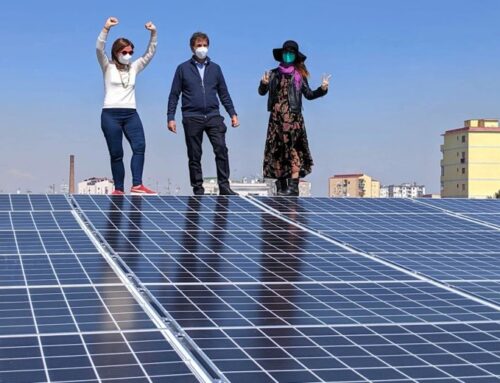Unpaid care work is primarily carried out by women. Collectively accounting for an estimated 16.4 billion hours a day of work globally, the precarious formal and informal care sector embodies gendered and feminized working dynamics that are compounded by the climate crisis. Evidence shows that during crises, such as extreme weather events, unpaid care work increases. Transforming the care sector and securing paid care jobs is also crucial to decarbonizing the economy and reducing emissions. Tackling womens’ involvement in this sector would go towards formalizing their involvement in other workforces critical to the green transition, such as renewables, where employment and skills shortages prevent renewable energy expansion. For these changes to happen, discussions on the green transition need to shift away from male-centric industries and recognize the role of care in supporting a resilient society.







